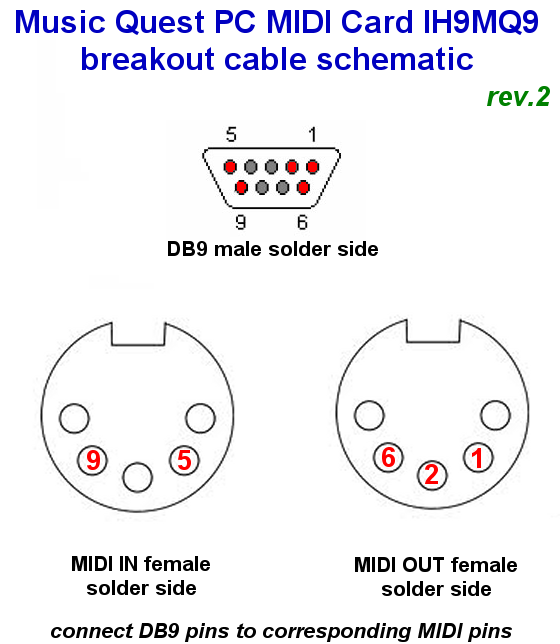yawetaG wrote:Did you actually look at the SoftMPU forum that I linked to? Because in the 10th thread from the top of the first page, titled " […]
Show full quote
Did you actually look at the SoftMPU forum that I linked to? Because in the 10th thread from the top of the first page, titled "Roland MT32 - Direct Connection to Serial / COM1 SoftMPU" - a title that suggests that it may be about a similar problem as you are experiencing - a solution to your problem is explicitly explained by Cloudschatze. It requires using a MIDI module supporting a serial connection as an intermediary.
To expand on that, such a MIDI module would have a serial port to which a serial cable such as the ones shown in the manual I linked to can connect. The module then converts the serial signal to the proper MIDI signal and sends it out through its MIDI OUT port towards your Serdashop module.
(and of course you would have an additional MIDI module with a different set of sounds and features that can also play back your music 😀 )
A suggestion: Instead of stubbornly continuing to claim there's no solution to your problem and implicitly asking others to give you exact instructions on how to accomplish something while not actually bothering to follow links provided, try to be a bit more pro-active in finding solutions. Otherwise I can only second gdjacob's suggestion that you are not prepared to accomplish this project.
I do apologize, I did not see your link. But now that I've looked at all these responses, I think it's safe to say I have enough information to accomplish my goal. I don't appreciate being called stubborn. It is my fault that I didn't see the link, and I do apologize. I'm used to links on websites being a different color (which isn't really an excuse).
I was never ignoring everyone's posts and claiming there's no way to do it - I was just under the impression (at the beginning) that I could have a direct connection. I have been proactive in doing my research before posting on this forum, but everything I searched for on google led me to dead ends. Nevertheless, I would still like to apologize for my lack on knowledge on this topic.
But once again, thanks everyone for all your input. I think I have a better understanding now. And even if I don't, I know someone who will, now that I know how to better explain the situation.
